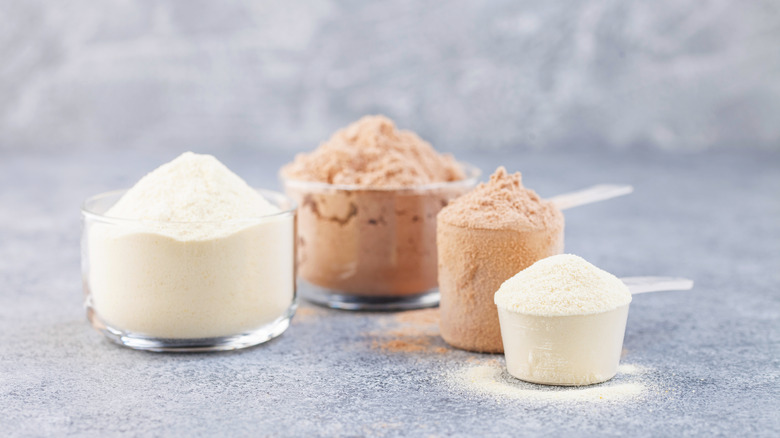Wondering what’s the difference between whey protein and whey isolate?
The difference between these lies in their nutritional value.
Choosing one over another depends on your individual needs.

These dietary supplements are derived from whey, a by-product of cheese production.
National Library of Medicine).
Whey protein can be further processed to increase its nutritional value.

For example, hydrolyzed whey is obtained through enzymatic hydrolysis, notesMen’s Journal.
This process breaks down the protein into peptides, making it easier to digest.
But what’s the deal with whey isolate?
Is it superior to whey concentrate?
Let’s find out.
Higher intakes of up to 3 grams per kilogram may improve body composition, or fat-to-muscle ratio.
But not all protein is created equal.
When it comes to whey concentrate versus isolate, it’s important to consider nutritional value.
Whey concentrate is 25 to 89% protein by dry weight, according to theU.S.
Whey isolate, by comparison, boasts at least 90% protein.
That’s quite a difference!
Both types of protein are easily digestible and can be used before, during, or after training.
However, whey isolate may be a better choice for those with lactose intolerance.
AsWebMDnotes, much of the lactose and carbs in this supplement are removed during processing.
The downside is that either product may containadded sugarand fillers.
Dietary supplements, including whey protein, don’t require FDA approval before going on the market.
Therefore, it’s your responsibility to check the label and research the ingredients used.